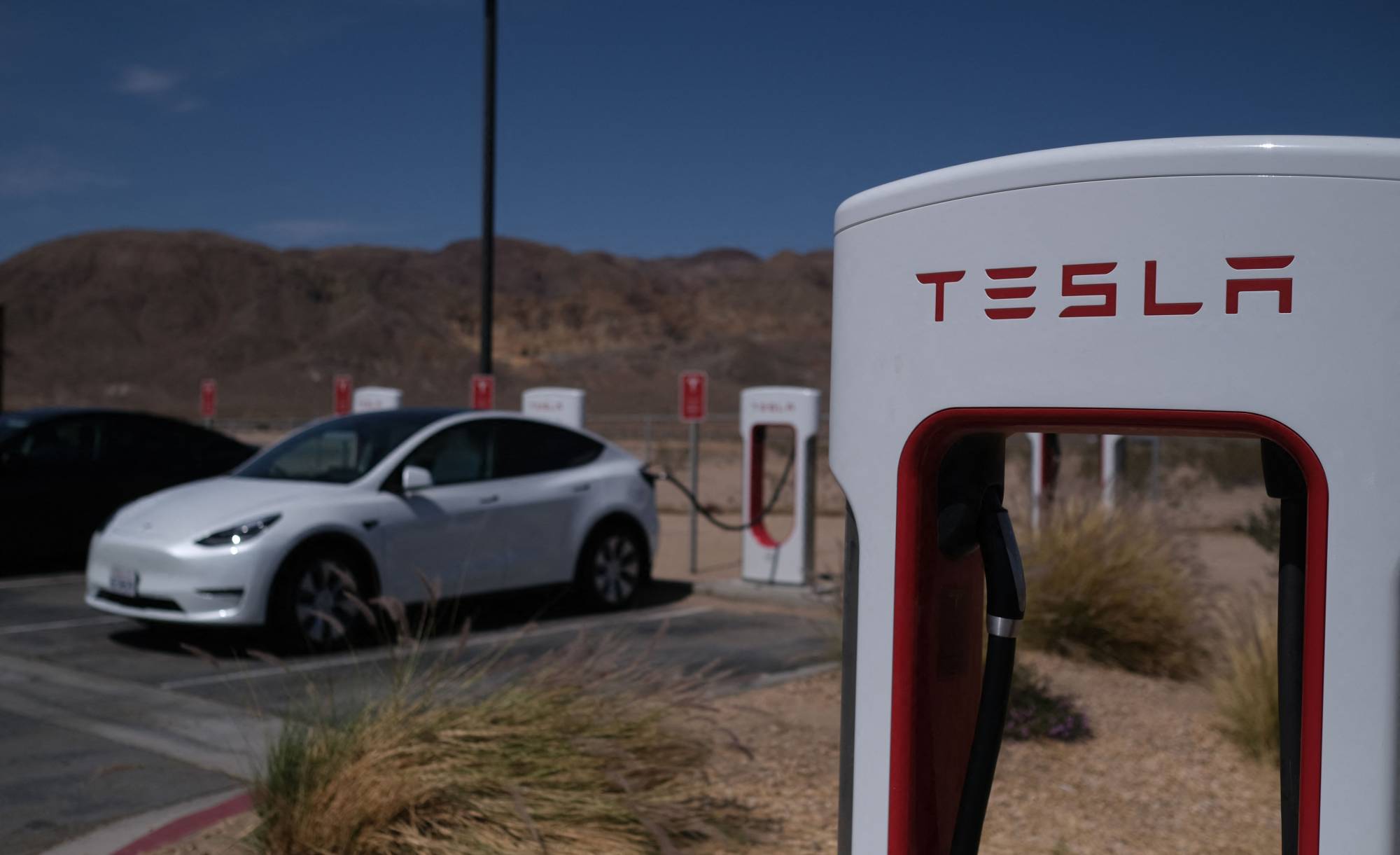Tesla Inc.’s removal this week from an industry benchmark index is raising new questions about what ESG actually means to investors.
The strategy, widely seen as favoring industries ostensibly interested in sustainability (of the environmental, social and governance sort) started about two decades ago as a way to protect investors from risks tied to things like global warming, labor violations and discrimination. Since then, it’s morphed into a $35 trillion industry of its own and — as the market exploded — sown confusion about what metrics should be used to gauge it, and fury over the tsunami of what’s come to be called greenwashing.
Enter Tesla. While many would agree few automakers have done more than Elon Musk’s company in the global shift away from fossil fuels, the company’s management and workplace issues have been at times problematic. So much so that S&P Dow Jones Indices, while acknowledging Tesla’s environmental prowess, nevertheless decided to remove the electric vehicle maker from the S&P 500 ESG Index over safety and labor issues.


















With your current subscription plan you can comment on stories. However, before writing your first comment, please create a display name in the Profile section of your subscriber account page.